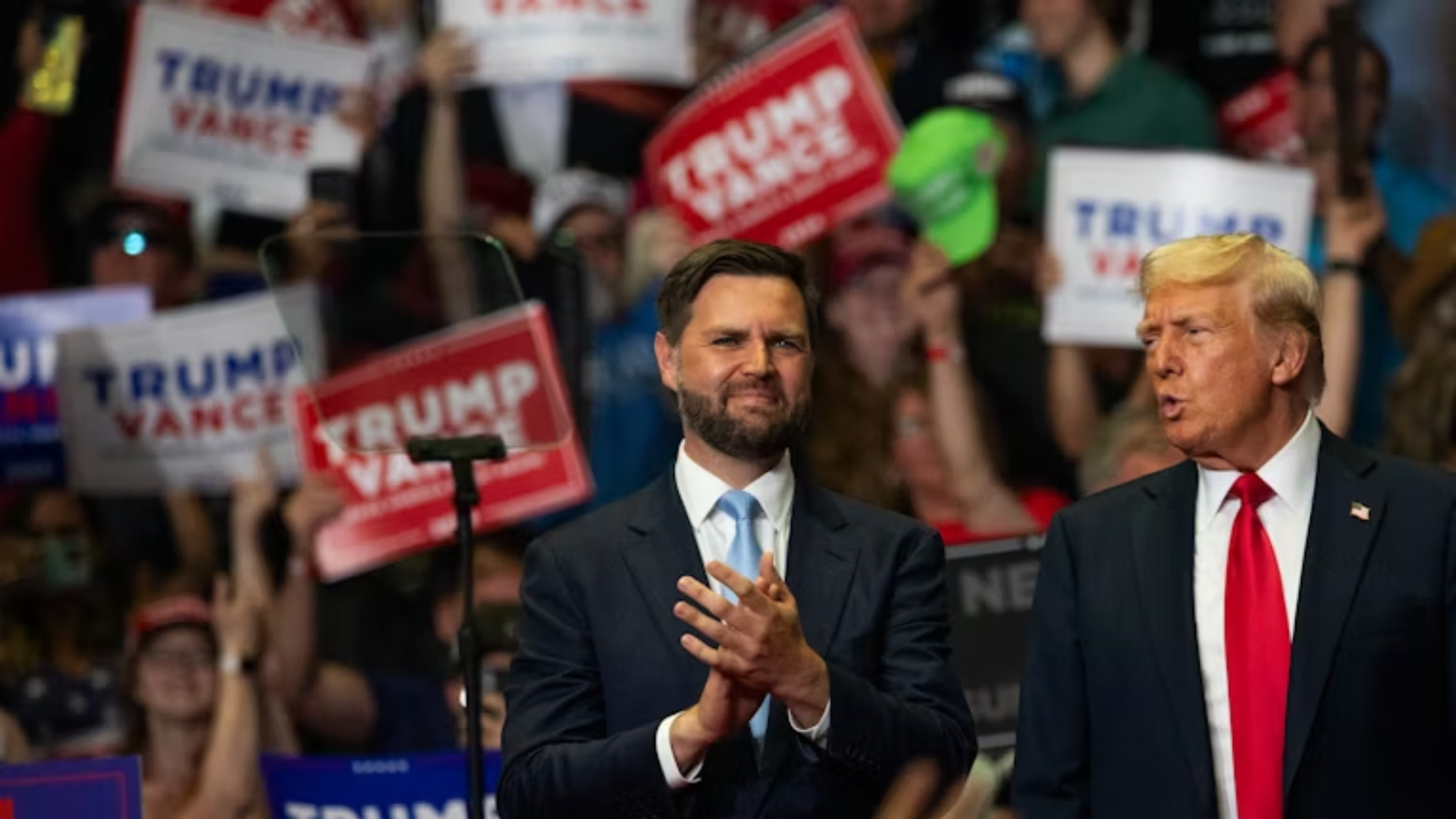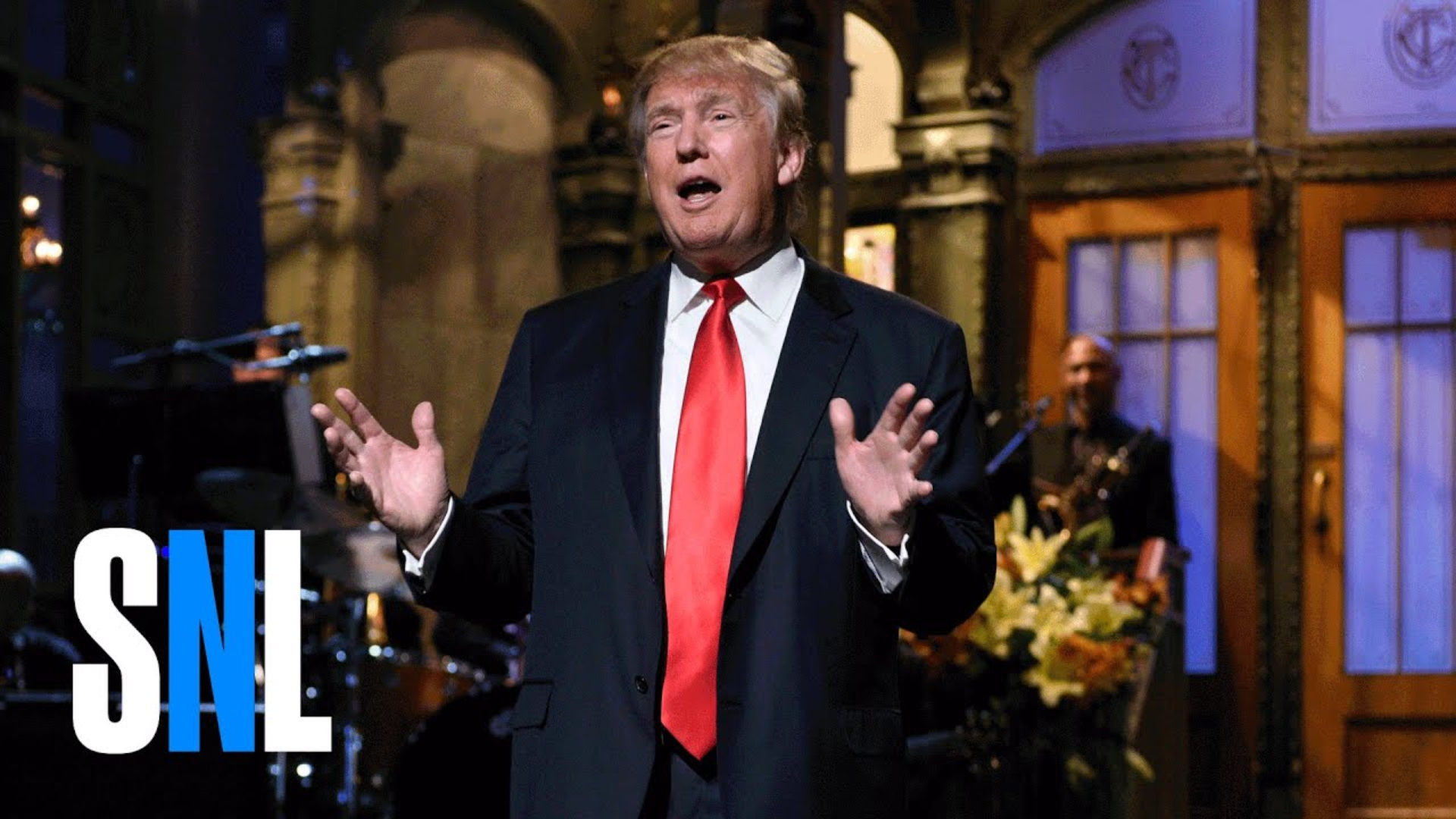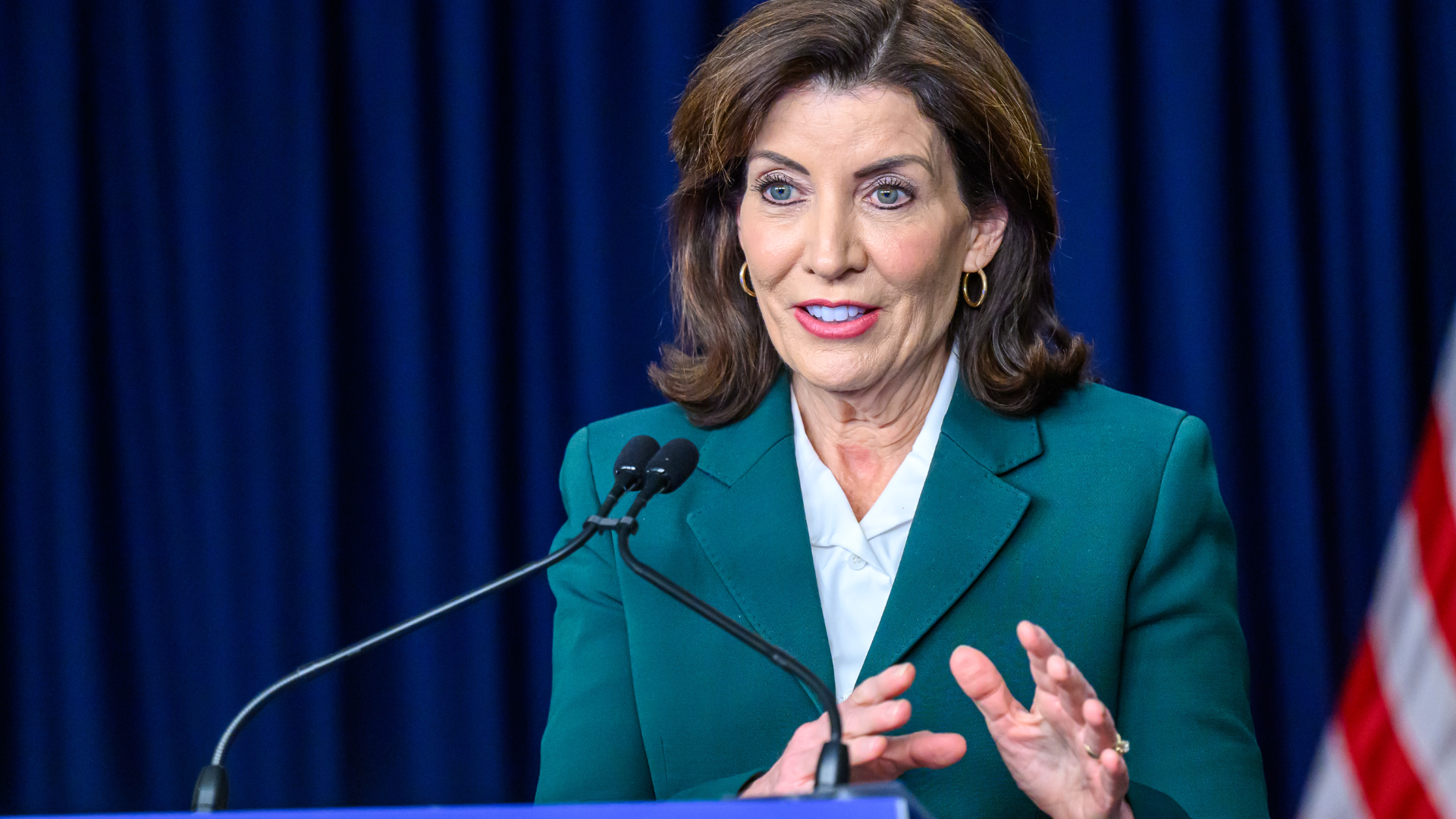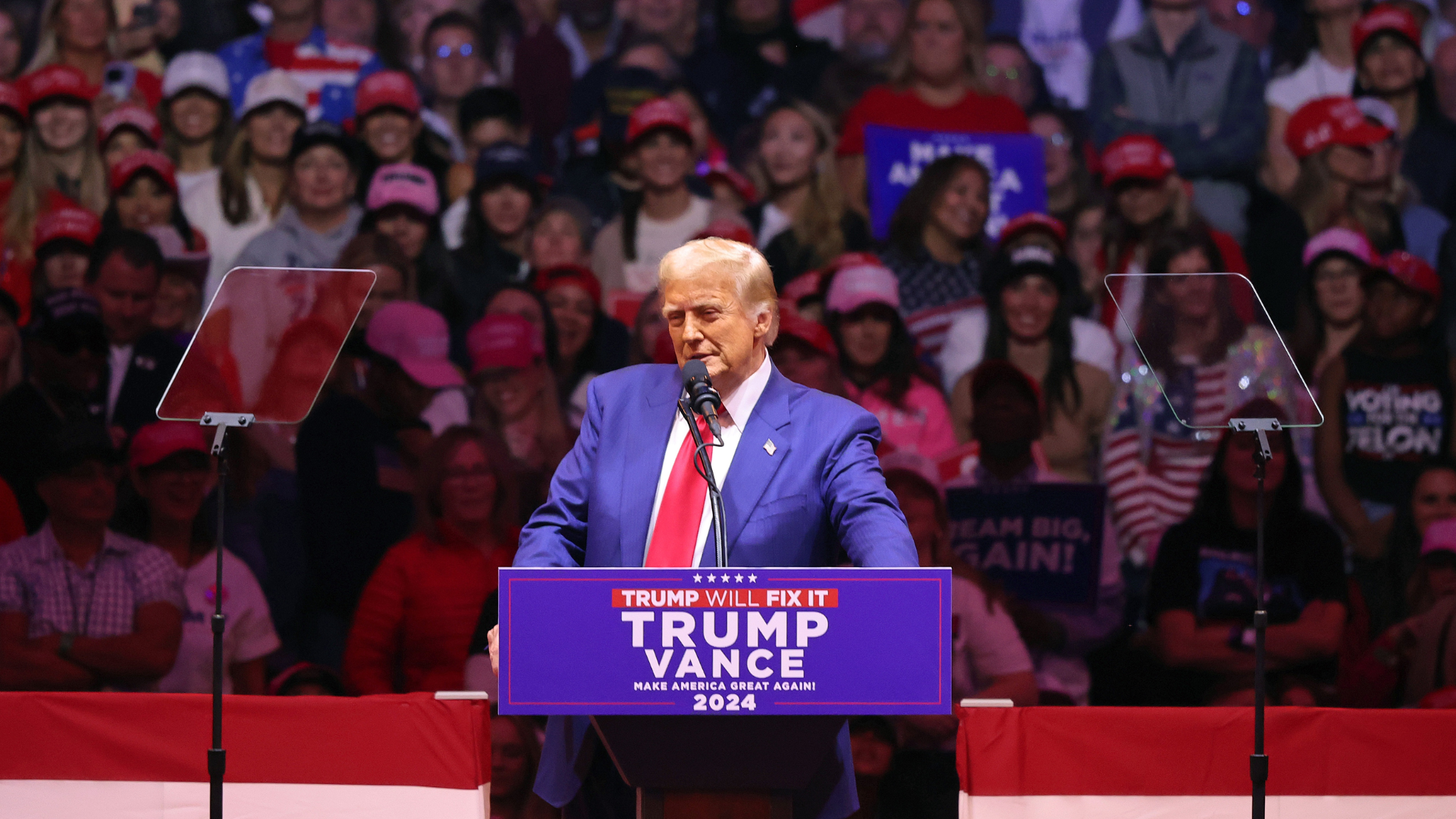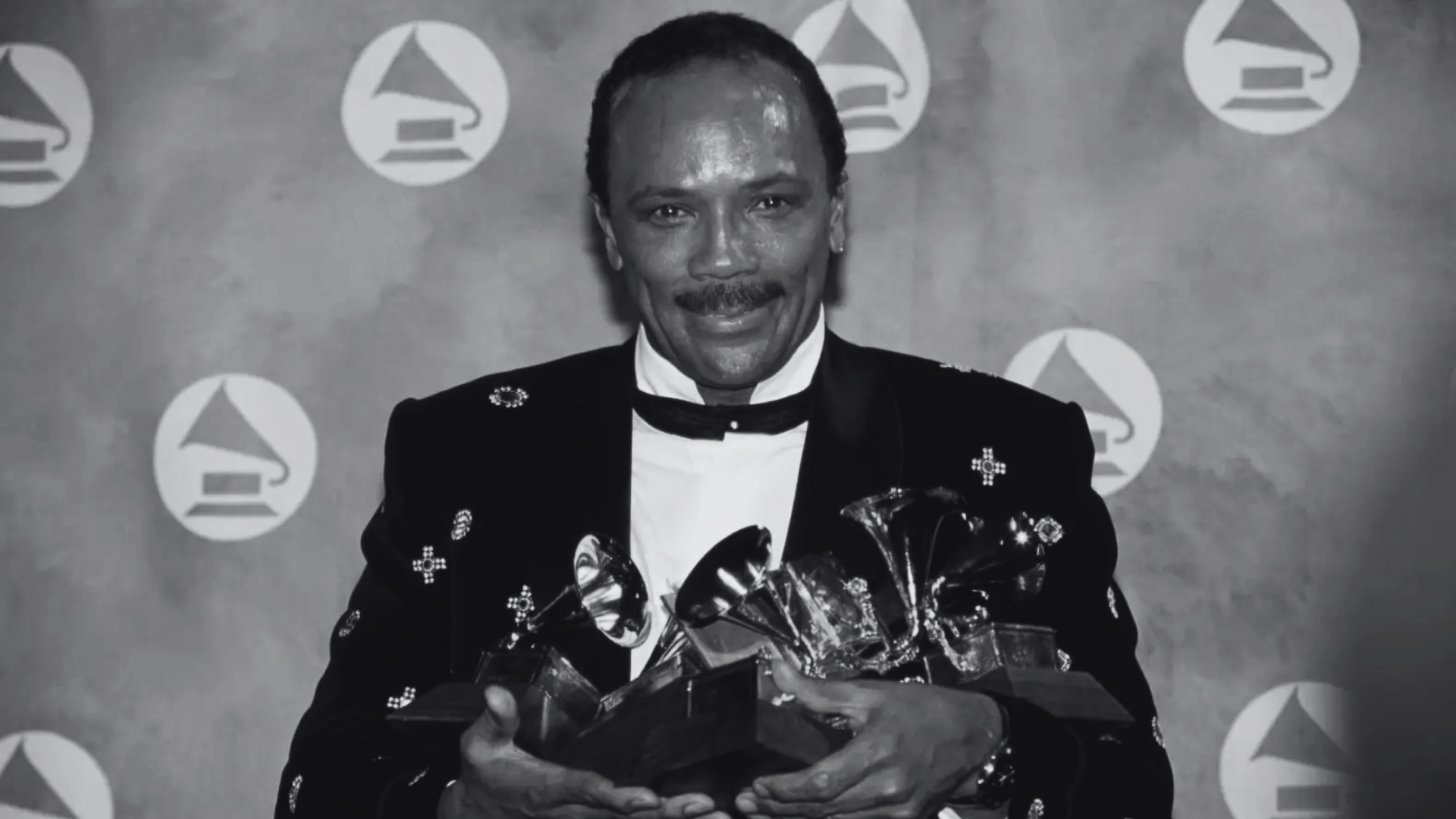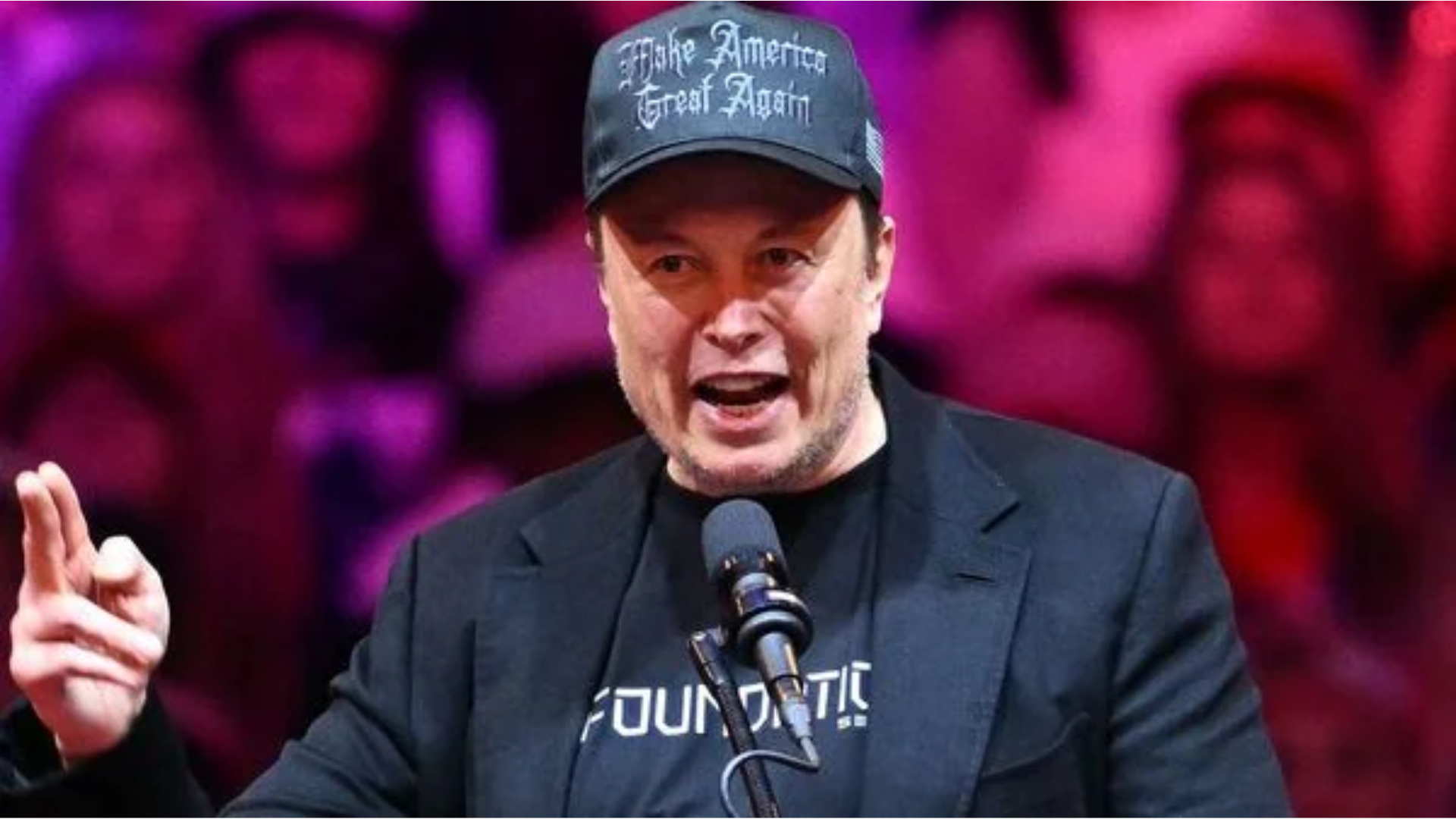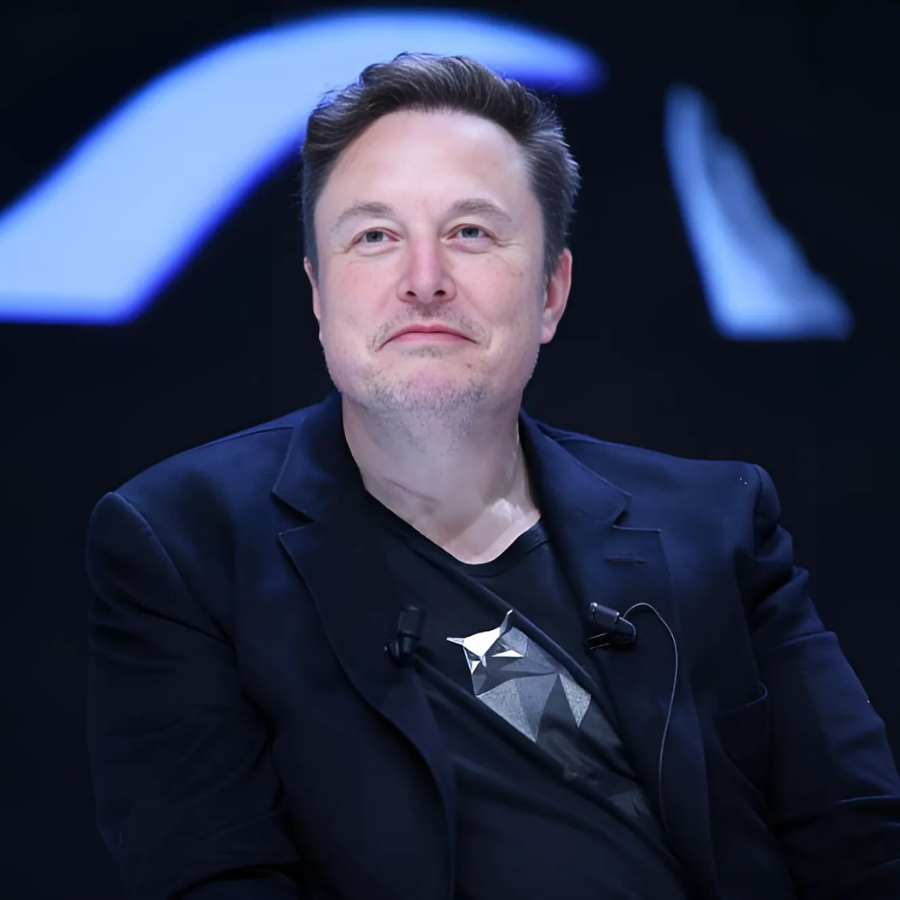
On Monday night, “The Daily Show” spent nearly 10 minutes mocking one of Donald Trump’s biggest supporters: Elon Musk.
Correspondents Michael Kosta and Ronny Chieng didn’t hold back as they humorously and sharply criticized the CEO of X (formerly Twitter) and his controversial actions.
Michael Kosta kicked things off with a sharp jab at Musk, saying, “He’s so rich that he bought Twitter just to ruin it for his own personal amusement.” Kosta continued, “And now he’s thinking, ‘What if I do the same with America?’”
In addition to criticizing Musk’s leadership at Twitter, Kosta also mentioned Musk’s giveaway program, where he donates $1 million a day through a sweepstakes as part of his support for Donald Trump.
Kosta didn’t hesitate to poke fun: “Oh, Elon is giving a million dollars to his fans. Now they can buy the best anime girlfriend pillow money can buy.“
Kosta also highlighted Musk’s use of the X platform to spread misinformation, with his tweets accumulating over 3 billion views. Kosta described it as “a massive amount of propaganda,” seen not only by Musk’s followers but also injected into the feeds of users who don’t follow him.
Correspondent Ronny Chieng then joined the segment, offering his humorous take on Musk’s motivations: “All Elon is trying to do is make friends,” Chieng said, portraying Musk as “a loser with no friends.”
He pointed out that every effort Musk made to make friends had failed, from buying Twitter to making self-driving cars.
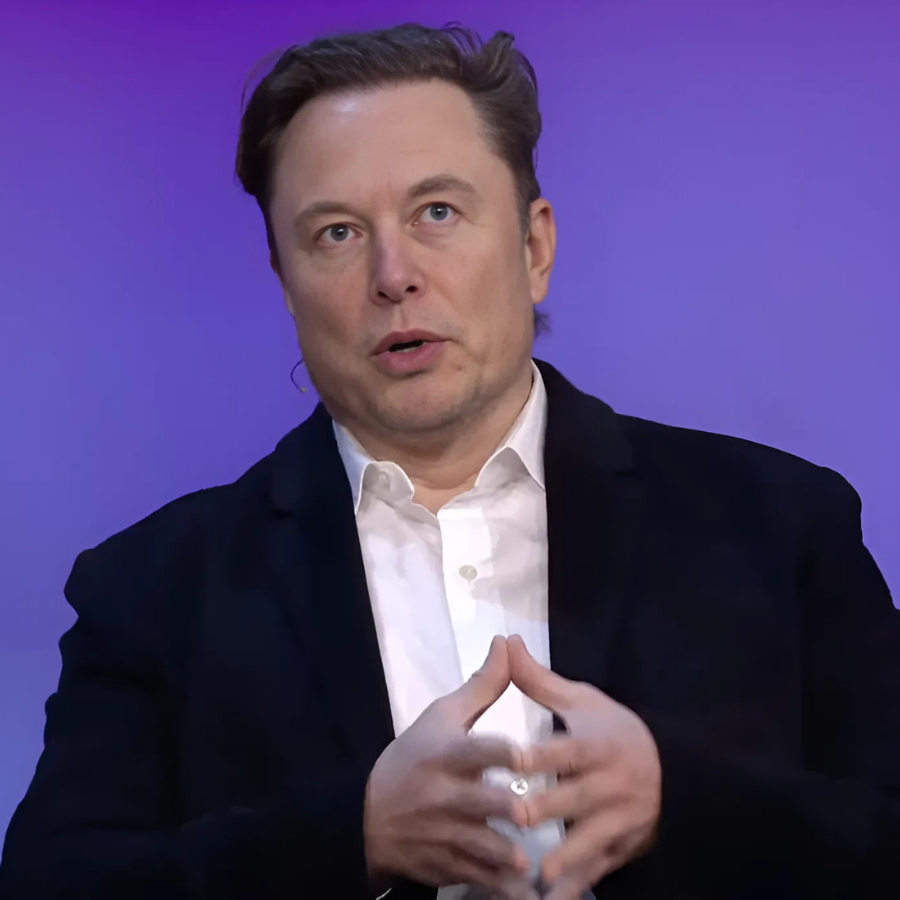
“He bought Twitter to make friends, and what happened? We all left Twitter,” Chieng joked. “He made self-driving cars so they could be his friends, and what happened? The cars blew themselves up.“
Chieng wasn’t done yet: “This guy is a loner, Kosta. His group chat is just him and a burner phone he bought so he wouldn’t be alone in the chat.”
Chieng also offered some evidence that Musk doesn’t have friends: Cybertruck. “A real friend would’ve told him, ‘Hey dude, that’s the dumbest thing I’ve ever seen in my life ― you should punch yourself in the junk,‘” Chieng quipped.
In the end, both Kosta and Chieng humorously underscored that while Musk’s actions might seem laughable, they also raise deeper concerns about his role, not just in the tech industry but also in politics.


